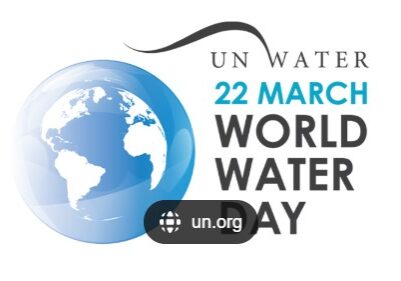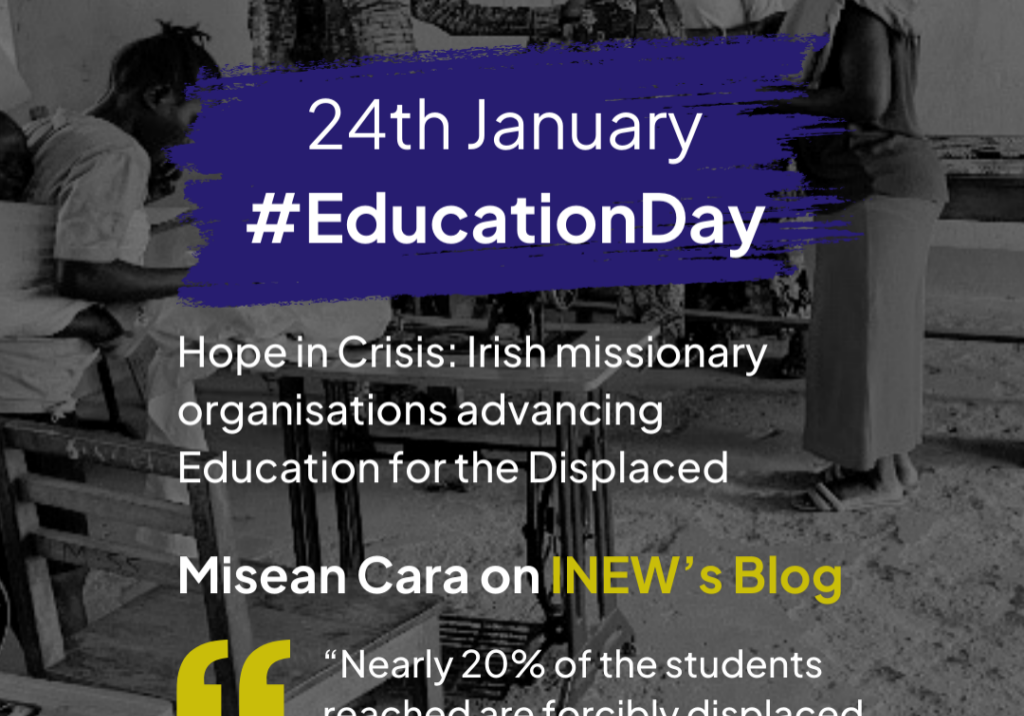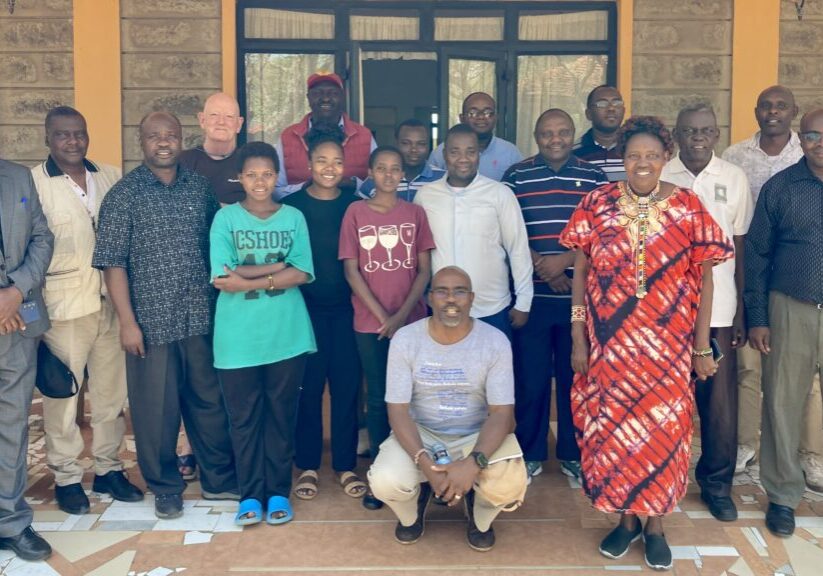As the world grapples with the escalating impact of climate change, the role of international cooperation and scientific innovation becomes ever more critical to the enhancement of sustainable livelihoods for the marginalised on the African Continent, particularly those in Sub-Saharan Africa who are most severely affected by the effects of climate change.
By William N. Keyah, CEO ICSAP
The Inter-congregation Sustainable Agriculture Programme (ICSAP) initiative, in partnership with Misean Cara and alongside the annual Conference of the Parties (COP) meetings, represents a beacon of hope and a platform for action. This year, COP29, held in Baku, Azerbaijan, from November 11-22, 2024, aims to build on the progress made in previous years and address the urgent need for stronger climate commitments.
ICSAP: Bridging Innovation and Policy
Inter-Congregation Sustainable Agriculture Programme (ICSAP) is a faith-based partnership of International Religious Institutes, aimed at enhancing the quality of life for marginalised small-holder households in Eastern Africa. It promotes the ‘Sustainable Agriculture Strategy for Rural Development’ which works towards enhanced household food, nutrition, income security and asset acquisition within a sound ecological system.
The ICSAP initiative is dedicated to developing and implementing effective climate resilient strategies that strengthen local food systems, by fostering capacity and capability building amongst marginalised small holder households in Eastern Africa. By integrating cutting-edge innovation research with practical policy application, ICSAP seeks to bridge the gap between scientific knowledge and actionable solutions. This approach is crucial to ensuring that climate policies are grounded in the latest scientific findings and are capable of strengthening the local food system and addressing the complex challenges posed by climate change among the marginalised in the least developed countries.
The Significance of COP29
COP29 is a pivotal moment in the global climate agenda. With the world facing unprecedented weather events and a projected rise in global temperatures, the stakes have never been higher. This year’s summit brings together over 2,000 delegates, including world leaders, climate experts, and representatives from civil society, to discuss and negotiate critical issues such as climate finance, adaptation, mitigation and resilience.
One of the key themes of COP29 is the need for increased climate finance to support developing countries in their efforts to combat climate change. The goal is to mobilise significant financial resources to help poor nations transition to sustainable energy sources, build resilient infrastructure, adapt to the adverse effects of climate change and achieve sustainable livelihoods.
Addressing Global Instability
The geopolitical landscape adds another layer of complexity to the climate negotiations. With changes in political leadership and ongoing conflicts in Eastern Europe, the Middle East and on the African continent – Sudan, South Sudan, the Democratic Republic of the Congo—the path to a unified global response is fraught with challenges. However, COP29 provides a platform for dialogue and cooperation, emphasising the importance of collective action in the face of global instability.
Linking innovation, technology and capacity & capability building of small holder marginalised households in Eastern Africa
Innovation and technology play a crucial role in the fight against climate change. From renewable energy solutions to advanced climate modelling, technological advancements are essential in reducing greenhouse gas emissions and enhancing the ability of people to adapt to changing environmental conditions.
ICSAP’s focus on integrating scientific innovation research with policy development ensures that these innovations are effectively utilized to achieve climate goals and enhance sustainable livelihoods of the marginalised small holder households.
During the just concluded ICSAP 2024 capacity and capability building event held in Uganda at the Franciscan Brothers Adraa Agriculture College, West Nile, three capacity building tools aimed at small-holder farming-based households were launched:
- Nutrition Sensitive Small-holder kitchen gardening training resource manual. This tool provides the blueprint for efficient, wholesome, sustainable kitchen gardening not only to ICSAP members and target marginalised households but also for all those interested in kitchen gardening for household food, nutrition and income supplementation.
- Indigenous Microorganism Technology (IMOT) training resource manual. This IMOT tool Training Support Manual provides technical support to achieve efficient, wholesome, non-chemical fertiliser and pest control measures to support sustainable kitchen gardening and total crop and livestock production, as well as environmental protection.
- The published paper “Elimination of Malodours and Management of Human Waste in Pit Latrines Using Indigenous Microorganisms”. This academic paper provides scientific evidence of IMOT in enhancing hygiene and sanitation of small holder resource-scarce households. It exemplifies the huge potential that lies in the use of IMOT for the enhancement of sustainable livelihoods and environmental sanitation of not only target households of ICSAP but also the majority of marginalised rural communities in Africa and beyond.



Looking Ahead
As COP29 unfolds, the world watches with anticipation, yearning for meaningful progress and go-getting commitments. The outcomes of this summit will shape the future of global climate action and determine our ability to mitigate the impacts of climate change. By fostering collaboration, leveraging scientific innovation, and addressing the needs of vulnerable communities, ICSAP, Misean Cara and COP29 are paving the way towards a more sustainable and resilient future.
In conclusion, the synergy between ICSAP’s scientific approach and its contribution to policy-driven framework of COP29 underscores the importance of a holistic, integrated and a partnership response to climate change.
ICSAP and Misean Cara moving forward, will imperatively continue to build on the efforts of scientific-based innovation research ensuring that our actions today lay the foundation for a sustainable tomorrow that provides for sustainable livelihoods for the many of the marginalised small-holder households in Eastern Africa and beyond.
For more information about ICSAP: www.icsap.africa


